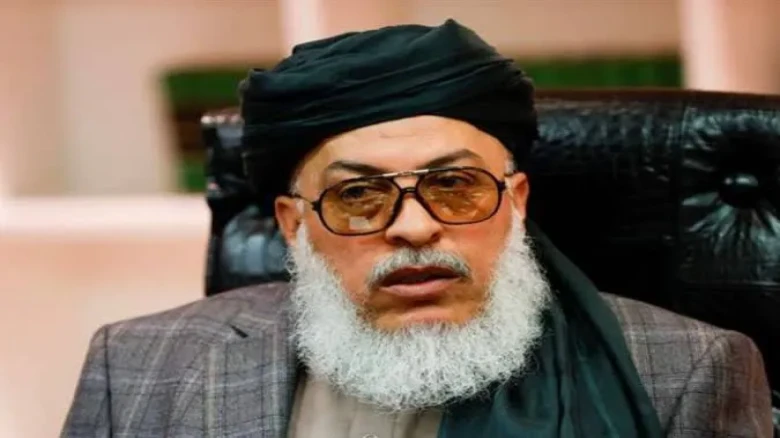Sports

Taliban Minister Sher Mohammad Abbas Stanikzai, announced on Wednesday that the Afghan consulates in...
Digital Desk: The Taliban-appointed Deputy Political Minister of Foreign Affairs of Afghanistan, Sher Mohammad Abbas Stanikzai, announced on Wednesday that the Afghan consulates in Mumbai and Hyderabad have been reopened and are now operational, according to a report by The Khaama Press.
Stanikzai revealed in an interview with a national television channel affiliated with the Taliban administration that the reported closure of Afghanistan's embassy activities in India was not a reality. He assured that both the embassy and consulates in India are in regular contact with the ministry, dismissing recent claims made by a former diplomat named Naemi, who asserted that the embassy was closed and services were not being provided.
"The claim made by someone named Naemi is false. Our consulates in Mumbai and Hyderabad are operational. I have spoken to them, and they have reopened the embassy," Stanikzai stated during the interview.
This statement contradicts the recent announcement by the Afghan Embassy in India, which stated on November 25 that there was no Afghan diplomat representing the former Republic in India as of November 23. The embassy, in a tweet, accused those with ties to the Taliban of aligning themselves with both the Taliban and Delhi's interests.
The Ministry of External Affairs in India has not officially commented on the closure of the Afghanistan Embassy. India, which has not recognized the Taliban government since it seized power in Afghanistan in August 2021, evacuated its own staff from Kabul two years ago, and no longer maintains a diplomatic presence in the country.
The Afghan Embassy in New Delhi had been run by staff appointed by the previous government of ousted Afghan President Ashraf Ghani, with permission from Indian authorities. However, the embassy recently announced its permanent closure in New Delhi, effective from November 23, citing persistent challenges from the Indian government.
In an official statement, the embassy expressed hope that the Indian government's stance would favorably change to allow normal operations. The closure, according to the embassy, was not a result of internal conflict or diplomats switching allegiance to the Taliban but rather a response to broader changes in policy and interests. The move raises questions about the evolving diplomatic landscape between Afghanistan and India, with implications for regional relationships and international recognition of the Taliban government.
Leave A Comment